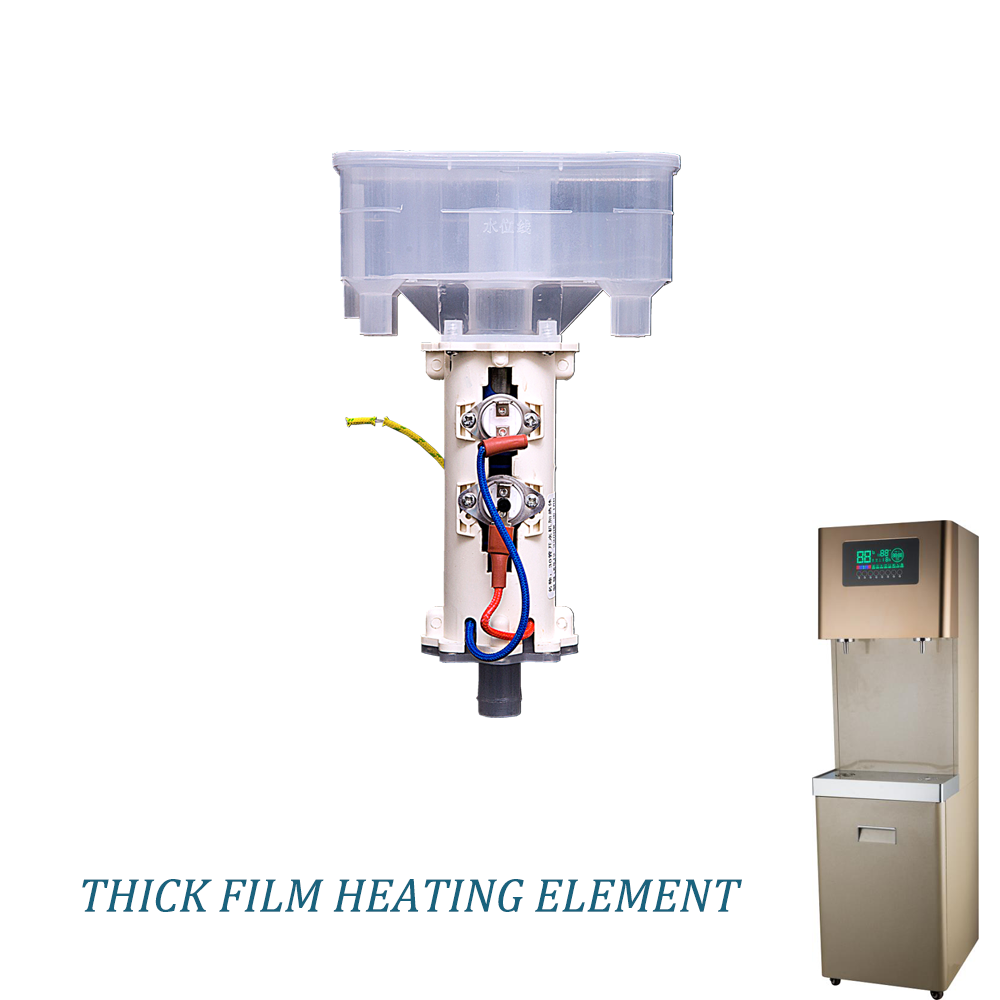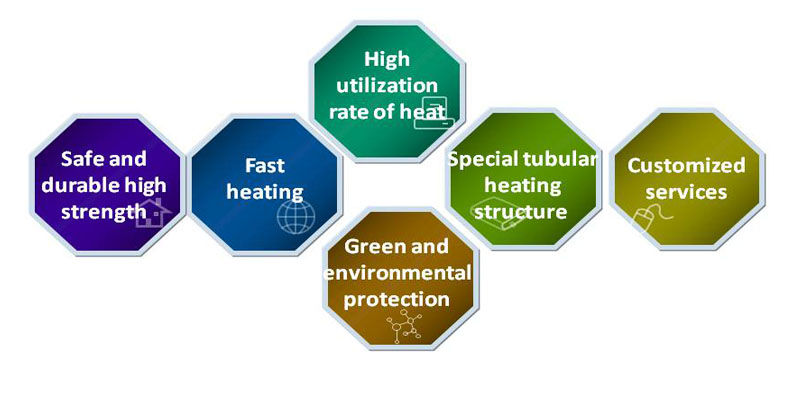According to media reports, Gao Hucheng, Minister of Commerce of the People's Republic of China, and Minister of Industry, Commerce, and Trade of South Korea, Yin Xiangxiang, signed a "Free Trade Agreement Between the People's Republic of China and the Republic of Korea Government" on behalf of the two governments in Seoul, South Korea, on June 1, 2015. According to the agreement announced by the Korean government, the base oil (tax code) and lubricant (tax code) originating in China's original and Korean origins will be formally implemented in the second half of 2015. The tariff rates of the two countries’ exports are from the original 6% is reduced to 5.6%, and is reduced by 0.4% each year. It is estimated that the tariff will be adjusted to zero tariff within 15 years. In 2030, both China and Korea will enjoy zero tariff on exporting base oil and lubricants to each other. Policy. In view of this, analysts believe that after the tax cuts are formally established, the price advantage of Korean-originated base oils will be gradually reflected in the future, which will greatly stimulate Chinese importers' purchasing enthusiasm for Korean Group II and III base oils. As a result, the amount of base oil exported from South Korea to China will be driven, and the market share of Korean base oil in China will also continue to expand. However, in the short-term, due to zero tariffs on Type II and III base oil refineries in countries such as Taiwan and ASEAN, the price competitiveness of Type II and III base oils produced from Korean refineries to China is not significant. In the long run, the price advantage of exports of Class II base oil refineries from Taiwan and ASEAN countries to China will gradually decrease. Among them, Taiwan's Formosa Plastics Refinery is the most direct direct confrontation with many Type II base oil refineries in South Korea. In addition, in 2015, the Chinese market plans to restart the production of a 200,000-ton/year Nanjing refinery Group II base oil plant, and the 240,000 tons/year Yanshan Petrochemical Group II base oil plant completed in 2013 will be put into operation one after another. The offshore prices of imported Group II base oils in Asia will show a trend of enthusiasm and the price war will be triggered. In addition, it is worth mentioning that since the agreement stipulates that lubricants will also enjoy tariff benefits in synchronization with the base oil, this will have an advantage over the refineries in Taiwan in expanding the market share of lubricants in China and will further increase. To consolidate Korea’s position as the country’s leading oil supplier in China. It is understood that at present, ASEAN countries (Singapore, Malaysia, Thailand, Indonesia, Philippines, Vietnam, Myanmar, Laos, Cambodia, and Brunei) and Taiwan’s base oils exported to China enjoy zero-tariff policies, while other countries export base oils. The tariff is 6%.
The hot and cold water dispenser is essential to
people's daily life, the stainless steel thick film heater tubes and element can changing
your way of drinking. There is no need to wait, which can make your life more
convenient and quickly.
GIDAPE® ANDETONG® series stainless steel thick film heating
element. High Quality, Safety and Reliability, Stable Performance and Long
service Life. Chinese are all around the world, so the Chinese culture and
lifestyle are also affecting people all over the world. For example, drink hot
water is very healthy lifestyle. It can keep you digestion system health and
improve circulation and detoxification. In finally, you need our environmental
and safety thick film heating body which can heat water instantly.
Instant Heater For Water Dispenser Instant Heater For Water Dispenser,Instant Hot Water,Instant Hot Water Dispenser,Insinkerator Hot Water Dispenser XINXIANG JIEDA PRECISION ELECTRONICS CO.,LTD , https://www.gidaheater.com
Http://NewDrain.html

